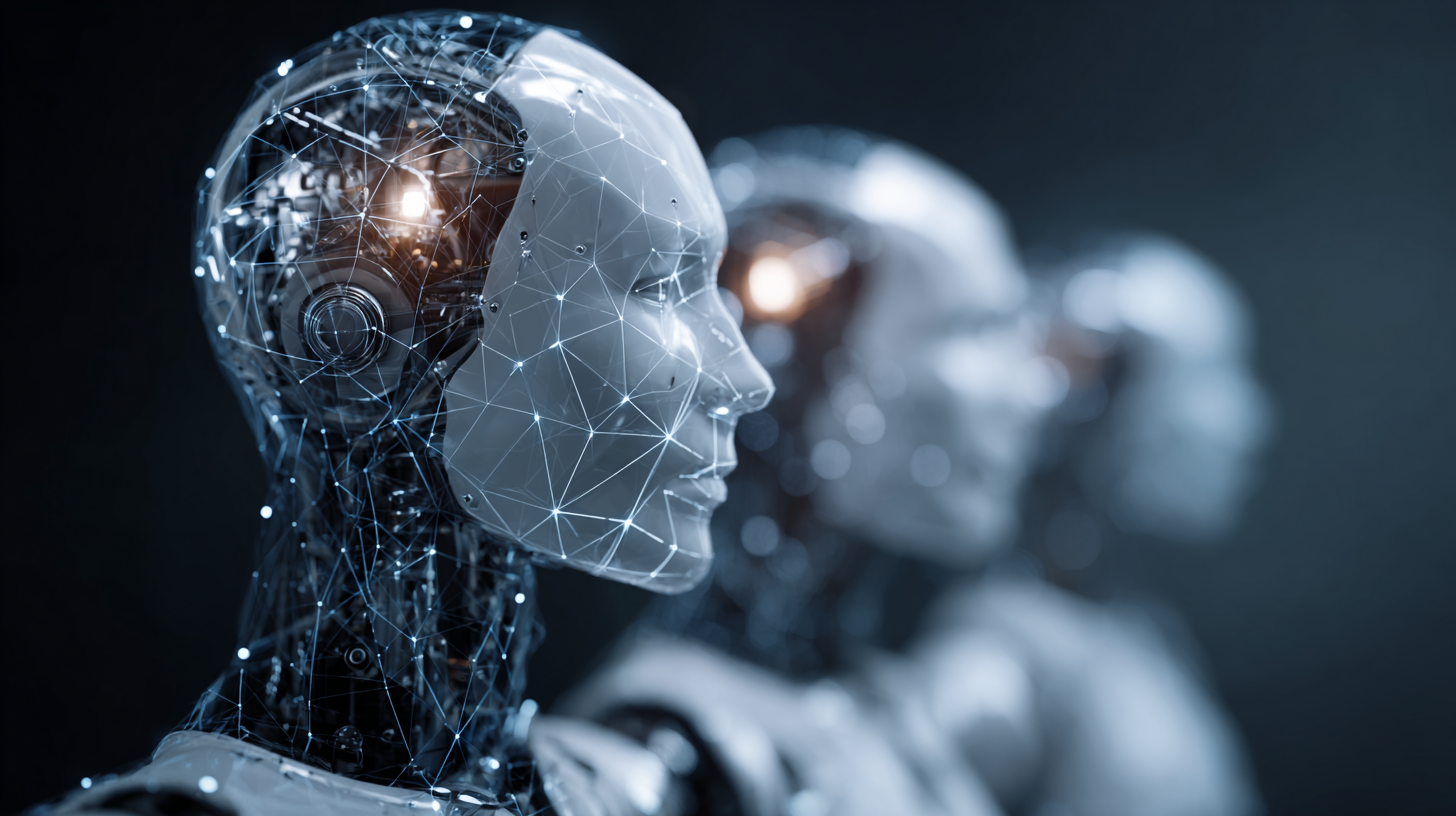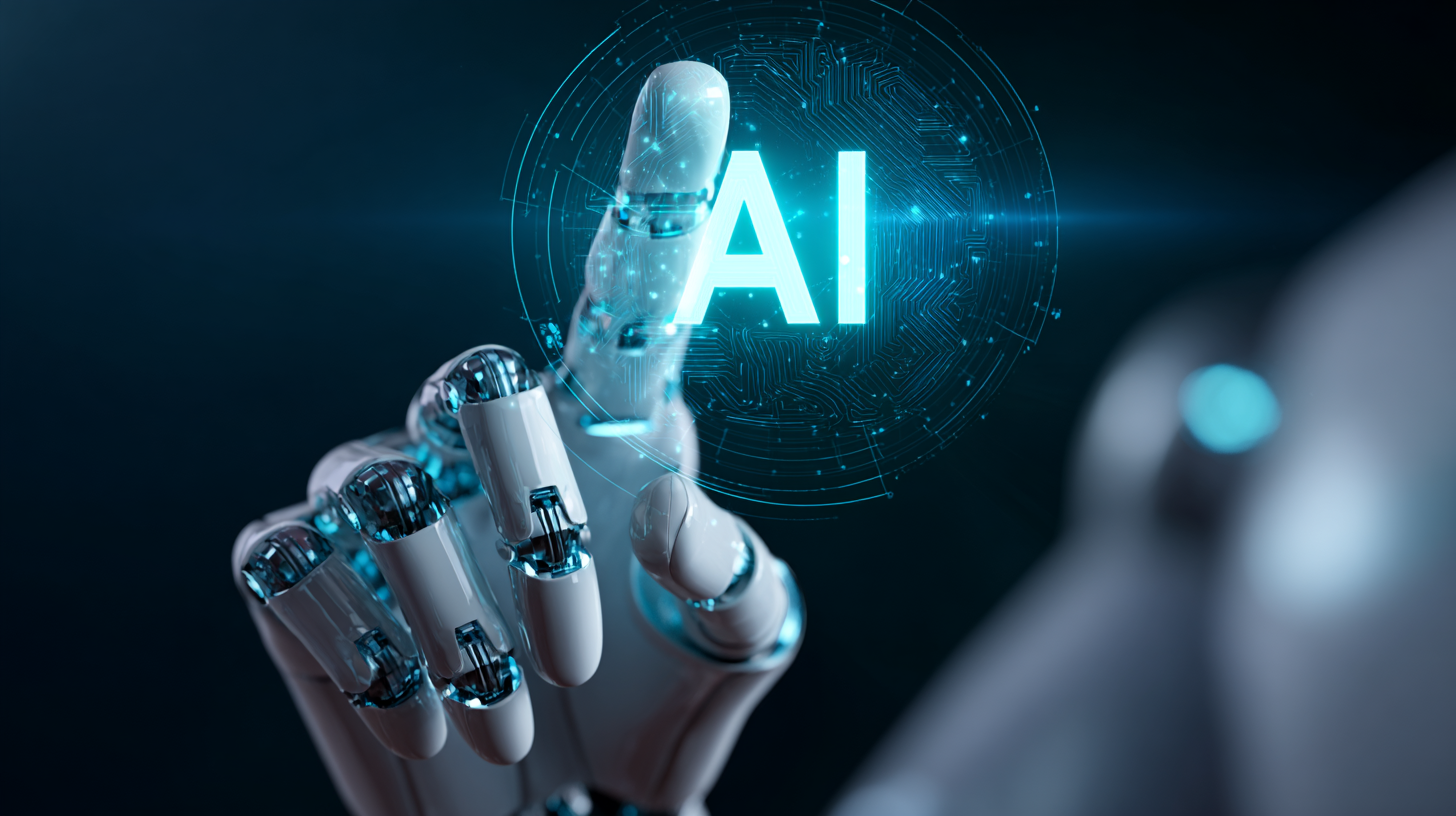
AI Awareness Training: Exploring Practical Applications Across Industries
In today’s rapidly changing technological landscape, the relevance of AI awareness training cannot be overstated. With artificial intelligence (AI) becoming increasingly integrated into various sectors, it’s essential for professionals like you to grasp its practical applications, emerging trends, and challenges. This article takes you on a journey through the multifaceted world of AI, showcasing its impact in industries ranging from manufacturing to healthcare. As you delve into these insights, you will discover how AI can not only enhance operational efficiency but also drive strategic value creation within your organization.
The Rise of AI in Various Industries
The evolution of AI technology has paved the way for its application across multiple sectors, transforming traditional workflows and decision-making processes. You might be asking yourself how AI can dramatically improve operations in your field. The answer lies in understanding emerging trends and recognizing how they can be harnessed to address specific challenges. AI isn’t merely a buzzword; it’s a powerful tool that, when implemented thoughtfully, can augment human capabilities.

In sectors like manufacturing, AI applications such as predictive maintenance help in foreseeing equipment failures and scheduling maintenance, thereby minimizing downtime and production loss. Similarly, in finance, AI-driven data analytics improves risk modeling and fraud detection. In each industry, the possibilities are vast and largely unexplored. This article aims to bridge that gap by presenting real-world applications that can inspire you to think innovatively about incorporating AI into your own operations.
AI in Healthcare: Revolutionizing Patient Care
When it comes to healthcare, AI’s potential to transform patient care is remarkable. Fortune 500 companies and startups alike are investing heavily in developing AI solutions that enable more personalized and efficient treatments. From diagnostic tools powered by machine learning algorithms to robotics in surgery, AI can enhance both patient outcomes and operational efficiency.
Imagine going to the doctor and having your health data analyzed by an AI system capable of identifying patterns and suggesting treatment options that a human doctor might miss. Such predictive analytics not only facilitates more accurate diagnoses but also allows healthcare professionals to tailor treatments to individuals based on genetic, environmental, and lifestyle factors. For professionals in the healthcare sector, embracing AI awareness training can offer invaluable insights into these technologies’ capabilities, leading to improved patient satisfaction and better health outcomes.
AI in Education: Enhancing Learning Experiences
The educational sector is another domain where AI awareness training plays a critical role. AI is increasingly being utilized to enhance personalized learning experiences and improve administrative efficiencies. With a deeper understanding of AI technologies, you can leverage them to optimize educational delivery, making learning more engaging and effective.

For example, adaptive learning platforms use algorithms to assess how well students grasp subjects and adapt the course material accordingly. This means that each student can progress at their own pace, receiving individualized support tailored to their unique learning styles. In addition to enhancing student engagement, AI can automate administrative tasks such as grading and scheduling, allowing educators to focus more on teaching and less on paperwork.
By staying informed about these advancements in AI, educators like you can better prepare to implement these technologies in classrooms, thus fostering an environment of continuous improvement and innovation.
AI in Finance: Reinventing Risk Management
Risk management in finance is another area fundamentally being reshaped by AI. With access to vast datasets and advanced algorithms, financial institutions can now predict market trends and assess risk more accurately than ever before. Understanding these shifts is crucial for finance professionals seeking to stay competitive in a technology-driven market.
Predictive analytics models powered by AI can assess countless variables simultaneously to identify potential risks in investments and lending. For example, machine learning algorithms can analyze credit histories, spending behaviors, and even social media activity to assess an individual’s creditworthiness more holistically. Real-time analytics can also spot suspicious transactions and flag them for further investigation, thereby reducing fraud risk.
By embracing AI awareness training, finance professionals can utilize these tools to enhance their decision-making processes, optimize investment strategies, and ultimately deliver more value to clients.

AI in Manufacturing: Streamlining Operations
In manufacturing, AI has emerged as a game-changer, particularly in areas like predictive maintenance and quality control. With machine learning algorithms analyzing equipment performance, you can potentially prevent failures before they occur, thus saving time and reducing costs.
Imagine a factory where AI monitors machinery in real time, predicting failures based on past performance data and environmental conditions. This allows maintenance teams to replace parts just in time, ensuring continuous operation without unnecessary downtime. Moreover, AI can monitor production processes, identifying anomalies in real time and suggesting corrective actions, allowing manufacturers to produce higher-quality products with lower waste.
Such advancements demonstrate the critical need for AI awareness training in the manufacturing sector. By understanding these technologies, you can implement them effectively, driving operational efficiency and maximizing productivity.
AI in Retail: Personalizing Customer Experience
When it comes to retail, AI has a profound impact on customer experience. The way you interact with your customers can be significantly enhanced through AI applications, which analyze consumer behavior and preferences. By leveraging these insights, retailers can create a more tailored shopping experience that keeps customers coming back.
Consider the rise of AI-powered recommendation engines that analyze purchase history and browsing behavior to suggest products that customers are likely to enjoy. These personalized experiences can significantly boost sales while improving customer satisfaction. Additionally, AI can optimize supply chain management, ensuring that inventory levels meet customer demand consistently.
As a retail professional, gaining awareness of AI’s potential applications offers you an opportunity to enhance customer loyalty and drive competitive advantage in a crowded marketplace.
AI in Energy: Optimizing Resource Management
The energy sector is increasingly harnessing the power of AI to optimize resource management and improve sustainability. AI can analyze consumption data, predict energy demand, and enable more efficient grid management. With the growing emphasis on renewable energy sources, the role of AI becomes even more crucial in balancing supply and demand.
For example, smart grids powered by AI algorithms can dynamically adjust energy distribution based on real-time data. This not only promotes efficient energy use but also facilitates the integration of intermittent energy sources like wind and solar power. By staying informed about these innovations, you can advocate for and implement AI-driven strategies that promote sustainability and enhance operational efficiency within your organization.
AI in Construction: Boosting Safety and Efficiency
The construction industry is also seeing remarkable advancements through the use of AI. With job site safety becoming a priority, AI applications can significantly reduce risks and enhance project management. For professionals in construction, embracing AI awareness training can yield a safer and more efficient working environment.
Imagine using training programs powered by AI that analyze job site conditions and employee performance. These systems can offer tailored safety training based on individual employee needs, reducing workplace incidents. Additionally, machine learning algorithms can analyze historical construction data and predict potential delays, helping managers make proactive decisions to keep projects on track.
By understanding and adopting AI technologies, construction professionals like you can boost safety protocols and enhance overall project efficiency.
Governance and Ethics in AI: Ensuring Responsible Deployment
As AI becomes more integrated across industries, the importance of governance and ethical considerations rises sharply. While the benefits of AI are apparent, the challenges of ethical deployment and regulatory compliance cannot be overlooked. For you as a professional, understanding these governance frameworks is paramount to ensure responsible AI use.
AI systems can perpetuate biases if not designed and monitored carefully. For instance, if historical data is skewed, AI models may inadvertently reinforce existing inequalities. It’s crucial to actively engage in conversations about ethical AI practices within your organization and ensure that your AI technologies are built and maintained with fairness, accountability, and transparency in mind.
By participating in AI awareness training focused on ethical considerations, you can advocate for responsible practices that not only comply with regulations but also foster trust among consumers and stakeholders.
Staying Ahead in a Rapidly Evolving Landscape
As we’ve explored throughout this article, AI’s practical applications are vast, and its implications extend far beyond mere automation. Each industry has its unique challenges and opportunities when it comes to incorporating AI technology. By prioritizing AI awareness training, you position yourself at the forefront of this technological revolution, ready to leverage AI to drive innovation within your organization.
You may be wondering where to start on your AI learning journey. Begin by seeking resources and training focused on your specific industry. Engage in webinars, read industry reports, and participate in discussion forums that explore both the technical and ethical aspects of AI deployment.
Conclusion: Your Role in the Future of AI
In conclusion, AI awareness training is not just a trend; it’s becoming an essential component of professional development across industries. By understanding the practical applications, emerging trends, and governance challenges associated with AI, you can navigate this complex landscape with confidence. Whether you’re working in healthcare, finance, manufacturing, or any other sector, the potential of AI to drive efficiency and innovation is profound.
As you move forward, consider actively participating in AI-related discussions, contributing to best practices, and advocating for responsible AI implementation within your organization. In doing so, not only will you enhance your professional capabilities, but you will also play a pivotal role in shaping the future of your industry.
If you found this article helpful, I encourage you to clap to show your appreciation, leave a comment with your thoughts or questions, and subscribe to my Medium newsletter for updates on AI and its impact across various sectors. Your engagement helps foster a community of learning and innovation—let’s navigate this evolving landscape together!
